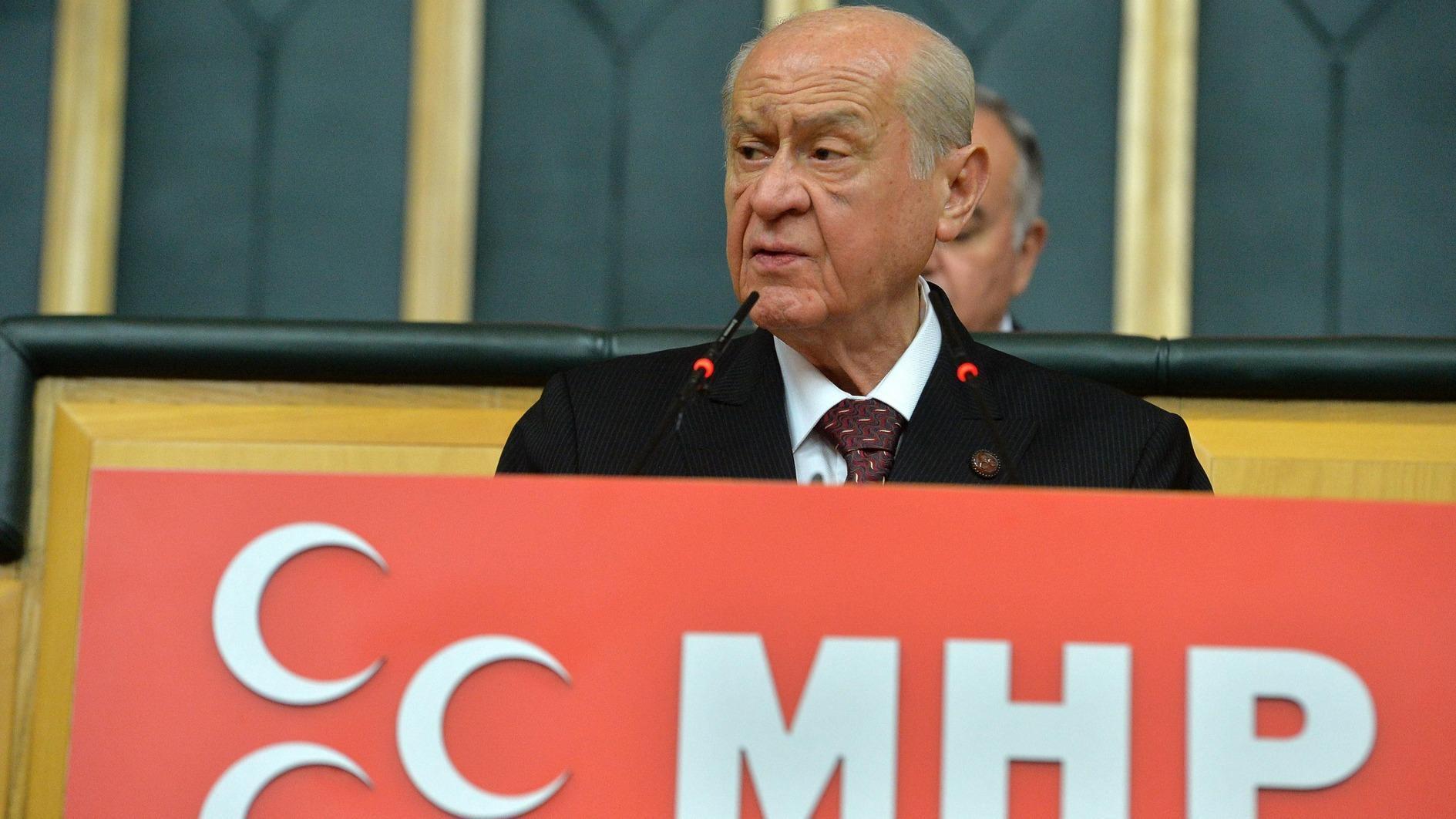The rise and fall of a Turkish intelligence officer
Basri Aktepe, a former top officer of the National Intelligence Organization (MİT), was arrested on Sept. 7 in Ankara over having alleged links to Fethullah Gülen, the U.S.-based Islamist preacher who is accused by the Turkish government of masterminding the bloody coup attempt of July 15.
Aktepe had worked first in research and development and then transferred to electronic intelligence unit of the MİT.
That department was established as a modified version of the former Technical Department after Undersecretary Hakan Fidan was appointed as MİT head in 2010. When the government (headed by then-Prime Minister, now-President Tayyip Erdoğan) decided to give the enhanced electronic intelligence capacities of the Turkish Armed Forces to MİT by Jan. 1, 2012, Fidan went into a number of restructuring in the agency. Aktepe who was already transferred into MİT was a part of that restructuring effort.
He had experience. Back on July 23, 2006 when the ruling Justice and Development Party (AK Parti) government decided to establish the Telecommunications Directorate (TİB) - a new agency to oversee all legal eavesdropping capacities of MİT, the police intelligence agency, and the gendarmerie intelligence units - Aktepe was responsible for the technical process, working under a judge, Fethi Şimşek. Aktepe was thus transferred from his original post as deputy head of the intelligence department of the General Directorate of the Security (ie. the police).
Neither MİT nor the police welcomed the establishment of the TİB, because it was not placed under the authority of the interior minister, the foreign minister or prime minister. It was instead to be overseen by the transportation and communications minister, who at the time was Binali Yıldırım, today’s prime minister. Seasoned intelligence officers muttered about how on earth a ministry in charge of laying asphalt on roads could successively oversee such a complicated business.
But Erdoğan was happy. The pro-government Yeni Şafak newspaper wrote on Dec. 13, 2007 that the TİB would help solve “all unsolved cases, including the murder of journalist Hrant Dink.” (It is now clear that much of the evidence into the killing of the Armenian-origin Turkish journalist was kept in the dark, and many police and gendarmerie officers have only just been arrested in recent weeks, accused of being involved in that Jan. 19, 2007 murder.)
On June 3, 2008, then Republican People’s Party (CHP) leader Deniz Baykal claimed in parliament that an “F-type” (F for Fethullah) team lead by Aktepe had been illegally tapping him and his party. Indeed, Aktepe’s links to Gülen were already know, as his name had first come to public attention in a police report to the prosecutor’s office in 1999 about an illegal Gülenist network in the police force.
Aktepe denied Baykal’s claim. But almost two years later a clandestine videotape scandal led to the resignation of Baykal as CHP head.
Fidan took office as the head of MİT on May 25, 2010, and soon after Aktepe was appointed as his electronic intelligence wizard.
The first sign of discord between the government and the Gülenists came when allegedly pro-Gülen prosecutors, who had been carrying out the controversial cases of Ergenekon and Balyoz (and who had been hailed by Erdoğan for that) tried to question Fidan on Feb. 2, 2012 over his contacts with the outlawed Kurdistan Workers’ Party (PKK). It was later understood that those contacts were part of preparation for an attempt peace process that eventually started in September 2012. The paths of Erdoğan and Gülen were finally separated after the corruption probes of Dec. 17 and 25, 2013, after which Erdoğan for the first time pointed his finger at Gülen as the source of efforts to undermine the government.
In the same month it was reported that two bugs had been found planted in Erdoğan’s office. Two of his security team were arrested on suspicion of having alleged links to Gülen and it was leaked to the press that MİT’s Aktepe had found the bugs easily. Yet afterwards it became clear that the anti-bug operation took place in late 2011 and Aktepe’s star had started to fade out even befora the alleged graft probe.
In 2014 an intelligence officer told the Hürriyet Daily News (published on March 2, 2014) that the technical services have found a loop program illegally inserted into a 14,000-line software, which had been copying to an address located in the U.S. all documents sent by MİT, the police, and the gendarmerie to the TİB. After all its activities were stopped in 2015, the TİB was officially shut down on Aug. 15, 2016, a month after the coup attempt.
Intelligence sources have told the HDN that Aktepe was suspended from office months ago, but on July 24, only nine days after the coup, Turkish media was reporting that he wanted to benefit from the repentance law. That law is a sort of guilty plea, in which a reduced penalty can be given with a protection program if the information provided by the accused is proven right. There have since been follow up reports about alleged Gülenist names, revealed by Aktepe, who have been in the police force since 1990s.
Ultimately, Aktepe’s arrest on Sept. 7 did not come as a surprise to those who have been following recent developments in politics and security in Turkey, particularly given the atmosphere in the wake of the July 15 coup attempt.











